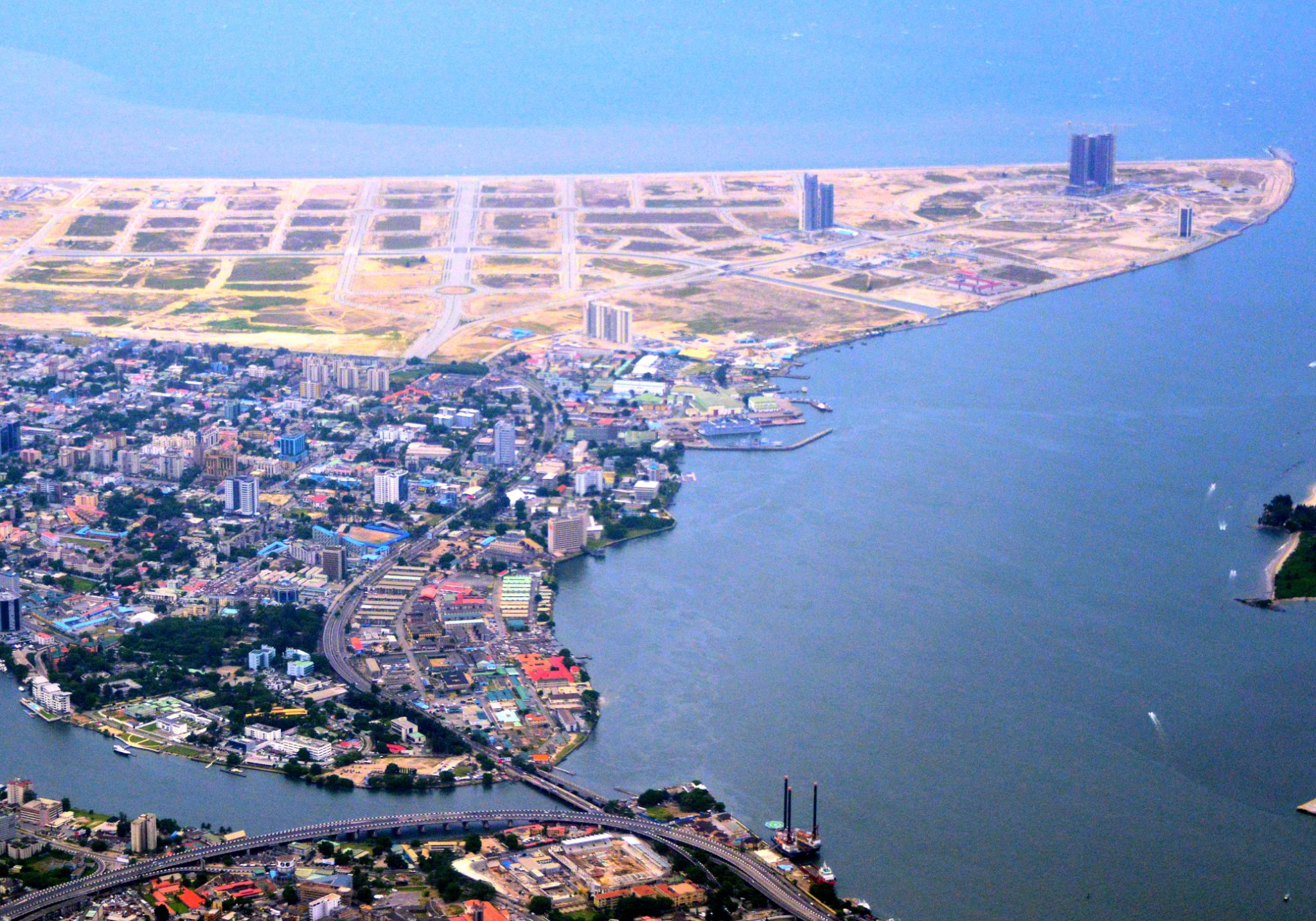Understanding the Environmental Impact of Eko Atlantic City Development
Introduction to Eko Atlantic City
Eko Atlantic City, a colossal land reclamation project situated on the coast of Lagos, Nigeria, has garnered global attention for its ambitious scale and vision. The development promises to transform Lagos into a financial hub, offering extensive residential, commercial, and leisure spaces. However, the environmental impact of such a massive project raises critical questions that merit exploration.

Land Reclamation and Its Environmental Consequences
The foundation of Eko Atlantic City involves reclaiming land from the Atlantic Ocean, a process that inevitably impacts the surrounding marine ecosystem. This reclamation can lead to the disruption of aquatic habitats, affecting marine biodiversity. Additionally, the extraction of sand for reclamation purposes can result in coastal erosion, altering the natural landscape and potentially threatening nearby communities.
Beyond the immediate environmental alterations, there are concerns about the long-term effects on local climate patterns. Coastal developments can influence wind patterns and precipitation, which could have broader implications for Lagos and its environs.
Addressing Climate Change Concerns
With climate change being a significant global challenge, developments like Eko Atlantic City need to be scrutinized for their carbon footprint. The construction phase alone contributes to greenhouse gas emissions through machinery operation and material production. Moreover, maintaining such an extensive development will require substantial energy resources.

To mitigate these impacts, developers have incorporated green building practices and renewable energy sources into the project's design. The promotion of sustainable transportation options and energy-efficient buildings are crucial steps in reducing the city's overall environmental footprint.
Impact on Local Communities
The development of Eko Atlantic City also has profound implications for local communities. While it promises economic growth and job opportunities, there are concerns about displacement and the loss of livelihoods for those who rely on the natural resources of the coastal region. It is imperative to balance development with social responsibility by ensuring that affected communities are part of the dialogue and benefit from the project's outcomes.

Environmental Safeguards and Regulations
To address these challenges, stringent environmental regulations and safeguards are necessary. Environmental impact assessments (EIAs) play a vital role in identifying potential risks and crafting strategies to mitigate negative effects. Continuous monitoring and transparent reporting can ensure accountability and sustainability in the project's execution.
Additionally, collaboration with environmental organizations and experts is essential to develop innovative solutions that harmonize development objectives with ecological preservation.
The Role of Public Awareness and Advocacy
Public awareness and advocacy are crucial in holding developers accountable and promoting sustainable practices. By staying informed and engaged, stakeholders can push for more environmentally friendly approaches and policies that prioritize long-term ecological health over short-term gains.
Educational campaigns and community involvement initiatives can empower individuals to contribute to decision-making processes, fostering a more inclusive approach to urban development.
Conclusion
Eko Atlantic City presents both opportunities and challenges in its quest to redefine Lagos's urban landscape. Understanding its environmental impact is essential in ensuring that development progresses in harmony with nature. By prioritizing sustainability, engaging local communities, and adhering to rigorous environmental standards, Eko Atlantic City can become a model for future urban projects worldwide.